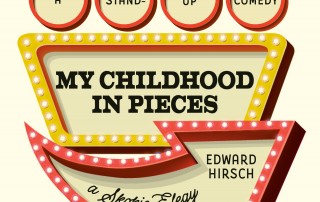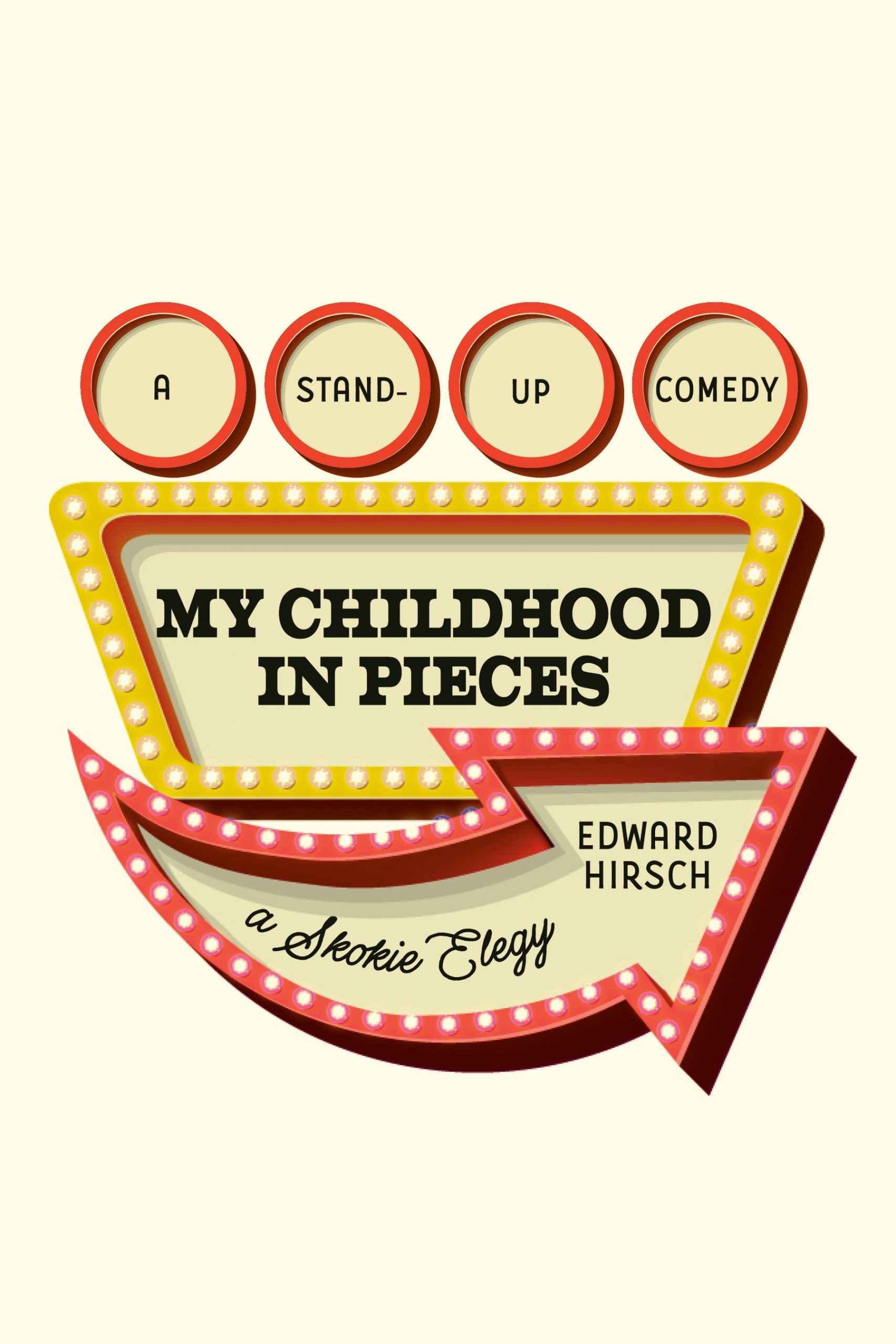
Pages: 192 pages
Publisher: The University of Michigan Press (1999)
Language: English
ISBN-13:978-0472066926
RESPONSIVE READING: Preface
The books I love most—poems, stories, essays, novels—are books that have passed through a terrifying silence, that have crossed a murderous divide. They have charted their own course, however perilous, ironic, or unsure, in making their way toward something or somewhere, toward someone. The poet Paul Celan wrote of poems as being en route, as heading “toward something open, inhabitable, an approachable you, perhaps, an approachable reality.”
Reading deeply is a matter of deep attention. My own idea of responsive reading—of reading that is engaged, open, lustrous, formative—means going down to a shoreline to find a message in a bottle. It means letting a work of art inhabit your mind and body, transforming yourself into Celan’s “approachable you.” It means going beyond national borders, sometimes beyond your own language, but it also means going beyond familiar assumptions and ideas—whatever they may be—about a given writer or body of work, at times about the literary enterprise itself. In his Journals Ralph Waldo Emerson playfully cites “our accomplished Mrs. B.,” who, with a wave of her hand, declares that Transcendentalism means “A little beyond.” Mrs. B. presents us with a prospect for reading as well, especially since “a little beyond” also means digging deeper within. “What we need are books that affect us like some really grievous misfortune,” Franz Kafka wrote in 1904, “like the death of one whom we loved more than ourselves.”
This is a book of encounters and explorations, of discoveries and reconsiderations. Literature is an international enterprise, and one must be an intrepid traveler, crossing geographic, historical, and linguistic borders. In these pieces I envisage writing as a mysterious, oppositional activity, an urgent, oddly self-conscious way of speaking not only to society but also across the frontiers of time. “Beyonding” is a trope, if not for complete transcendence, which is impossible in any case, then at least for a transcendental impulse in reading. The notion of using literature to go further than before, to go past ourselves, seems especially critical at a time when the Emersonian ideal of creative reading—of reading as an intimate, triggering, momentous activity—seems endangered in ways that Emerson himself, or Kafka for that matter, could never have suspected.
The essays included in this collection are diverse, but they have, I believe, a certain unity of purpose. I begin with a reconsideration of the “J” author, the most ancient and humanly oriented writer in the Hebrew Bible, and I conclude with a short memoir about my grandfather, whose poems, which have not survived, I have tried to imagine. There is an investigation of a new version of Dante’s Inferno and a discussion of a splendid biography of Emerson that teaches us to see his darkness, his passion, and his wildness—“the wildness whereof it is spoken,” as Frost says—and to recast his work in that light. There are also essays here on a triad of extraordinary Polish poets—Zbigniew Herbert, Aleksander Wat, and Wislawa Szymborska—all of whom write at an acute angle to Polish society, in the margins of official discourse, and struggle mightily to reconcile a metaphysical poetry with a historical one. Nowhere is the writer’s fall into time more pronounced than in Eastern Europe.
There is a piece here on the poignant intersection of the personal and the historical in the writings of the Israeli poet Yehuda Amichai, on the Adamic exuberance of the West Indian Nobel Laureate Derek Walcott, and on the sullen majesty of England’s unofficial laureate Philip Larkin. I have followed García Lorca and Joseph Cornell (via Charles Simic) on their forays into New York City and tracked a company of Irish poets, playwrights, and novelists into the Irish countryside, which is for them, as I hope to show, both a real and an imaginary place, a symbol-laden territory. I have included a personal reappraisal of Donald Barthelme’s work, which has fallen into a kind of limbo since his death, and I have added a close examination of the biblical story of Jacob’s wrestling with an angel from the particular vantage point of the working poet. I have taken the story personally.
For me these pieces reinstate all my hours of wayward, ecstatic reading. Ecstasy is “a state of exalted delight in which normal understanding is felt to be surpassed,” and that has often been my own sublime experience of reading. The Greek word ekstasis signifies “standing elsewhere” or being “beside oneself,” and that, too, is part of my idea of deeply responsive reading, of beyonding. The works I have written about remind me of standing on the shoreline looking out. I feel the rhythm of the waves. I listen to the wind. I think of being called away, called back.

MULTIMEDIA
How to Read a Poem & Fall in Love with Poetry
Washington Post Fiction Editor Ron Charles conducts an in-depth interview with poet Edward Hirsch.







